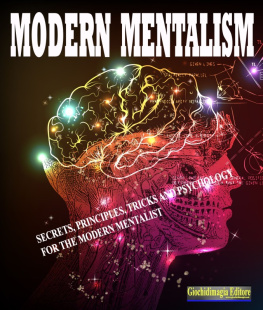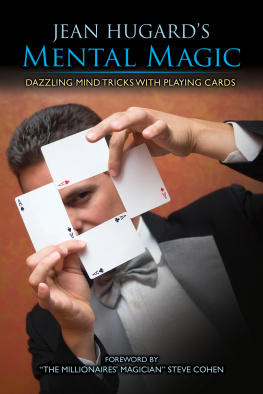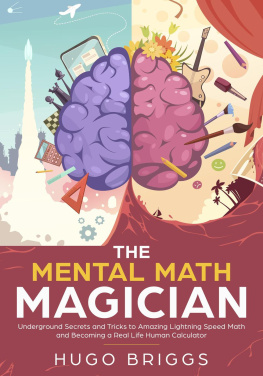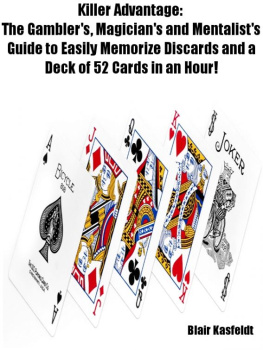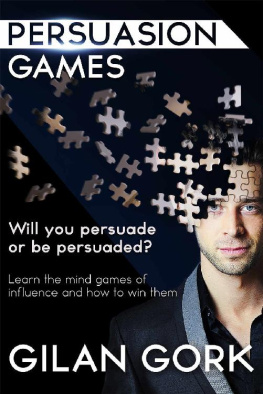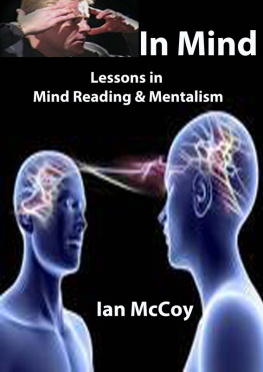Table of Contents
THE BERKLEY PUBLISHING GROUP
Published by the Penguin Group
Penguin Group (USA) Inc.
375 Hudson Street, New York, New York 10014, USA
Penguin Group (Canada), 90 Eglinton Avenue East, Suite 700, Toronto, Ontario M4P 2Y3, Canada (a division of Pearson Penguin Canada Inc.)
Penguin Books Ltd., 80 Strand, London WC2R 0RL, England
Penguin Group Ireland, 25 St. Stephens Green, Dublin 2, Ireland (a division of Penguin Books Ltd.)
Penguin Group (Australia), 250 Camberwell Road, Camberwell, Victoria 3124, Australia (a division of Pearson Australia Group Pty. Ltd.)
Penguin Books India Pvt. Ltd., 11 Community Centre, Panchsheel Park, New Delhi110 017, India
Penguin Group (NZ), 67 Apollo Drive, Rosedale, North Shore, 0632, New Zealand (a division of Pearson New Zealand Ltd.)
Penguin Books (South Africa) (Pty.) Ltd., 24 Sturdee Avenue, Rosebank, Johannesburg 2196, South Africa
Penguin Books Ltd., Registered Offices: 80 Strand, London WC2R 0RL, England
The publisher does not have any control over and does not assume any responsibility for author or third-party websites or their content.
This book was not authorized, prepared, approved, licensed or endorsed by any entity involved in creating or producing The Mentalist television series.
Copyright 2011 by Simon Winthrop
All rights reserved.
No part of this book may be reproduced, scanned, or distributed in any printed or electronic form without permission. Please do not participate in or encourage piracy of copyrighted materials in violation of the authors rights. Purchase only authorized editions.
BERKLEY BOULEVARD is a registered trademark of Penguin Group (USA) Inc.
The BERKLEY BOULEVARD logo is a trademark of Penguin Group (USA) Inc.
PRINTING HISTORY
Berkley Boulevard trade paperback edition / January 2011
Library of Congress Cataloging-in-Publication Data
Winthrop, Simon.
p. cm.
Includes bibliographical references.
eISBN : 978-1-101-47828-8
1. Observation (Psychology) 2. Apperception. 3. Memory. 4. Deception. 5. Body language. 6. Hypnotism. I. Title.
BF323.O2W56 2011
153.7dc22
2010030310
http://us.penguingroup.com
INTRODUCTION
Who Is This Person Called The Mentalist?
Who do you think knows you best? Your spouse, perhaps? Or maybe a parent or best friend?
But how well does that person really know you? For the most part, that person only knows what youve been willing to share with him or her, or what that individual has actually experienced with you. He or she has a limited, filtered viewpoint.
So imagine walking into a room and learning seconds later that youve been read. Someone standing across the roomsomeone youve never metcan tell you more about the real you than any of the people closest to you. This stranger can easily spout off your profession, your tax bracket, and what you ate for breakfast. He or she can pinpoint the areas of your life about which you feel most confident, and those where you struggle. This individual can shed light on some of your deepest, darkest secrets, and maybe even claim to communicate with one of your deceased relatives.
Its as if this person has known you your entire life. Or rather, its as if this person has been watching you all of your life and has seen inside your head.
Who is this seemingly omniscient person?
A mentalist!
Mentalists have been around for centuries. One could argue that some of the first mentalists were actually the prophets and oracles of ancient times. Over the years, they took on the role of entertainer. Now you can find some of them at carnivals and fairs, reading the palms of those willing to plop down $5 or more. Others take the form of faith healers or psychics who say they can communicate with the dead or read your thoughts.
The most famous mentalist right now is Patrick Jane, featured in CBSs hit drama The Mentalist. Jane, a fictional character, uses his ability to read people in order to help the California Bureau of Investigation (CBI) solve heinous crimes.
Every episode begins with a definition of the term mentalist: Someone who uses mental acuity, hypnosis and/or suggestion. A master manipulator of thoughts and behavior. Patrick Jane demonstrates most or all of these abilities in every episode of the show. His unique practices often end up being more productive in catching criminals than forensic technology is or the CBIs other more conventional investigative methods.
In his past career Jane was a high-profile television personality who professed an ability to communicate with the dead. Then a vicious serial killerenraged by what he perceived as Patricks fraudulent claims of psychic abilitymurdered the mentalists wife and young daughter. Traumatized and remorseful, Patrick left the limelight, shed his more theatrical mystical identity, and started work as a full-time consultant with the police.
And so begins the classic yarn of a budding superhero using his powers for good. Except that these powers can be taught. You can be a mentalist just like Patrick Jane.
Mentalist vs. Magician
You may be wondering what the difference is between a mentalist and a magician. Well, mentalists and magicians are a lot alike. Many magicians are also mentalists, and vice versa. In both cases, individuals use secret methods and knowledge to create entertainment for an audience based on mystery. They differ in that the magician may claim to have magical powers, such as the ability to restore a cut rope or cause a particular card to rise to the top of the deck, while a mentalist bases his or her performances on more intellectual and knowledge-based abilities.
As I said, one of the most impressive of the mentalists skills is the seeming ability to effortlessly and instantly observe a person and somehow know that person without their having ever previously met. This instant observation typically is useful when Patrick Jane finds himself dealing with suspects and witnesses who may be less than honest. And while you might want to learn Janes tricks to deal with the liars in your life, the skills can also serve as an impressive icebreaker at the next holiday party you attend.
Theres really no aspect of your life that wouldnt benefit from some mentalism. These techniques can prove useful in the boardroom, on the playing field, or when youre making a large purchase. Is the salesman pulling your leg or offering a sound deal?
We all crave more information. But can we ever know too much? Thats an interesting question, and one Ill explore a bit more later in the book. Sometimes Ive found that this gift can also become a burden.
Are Mentalists Psychic?
Some people believe that the skill of being able to read an object is actually a rather magical process. They call this psychometry, or the ability to sense vibrations and energies from objects.
Psychometry is basically a form of so-called extrasensory perception (ESP). Extrasensory perception refers to the ability to gain information about a person or object through seemingly supernatural means. The term psychometry was coined by a physician, Joseph Rodes Buchanan, in the 1800s. He theorized that every object gives off an energy or emanation, and that from this we can receive messages about the object and its past or present owner.


